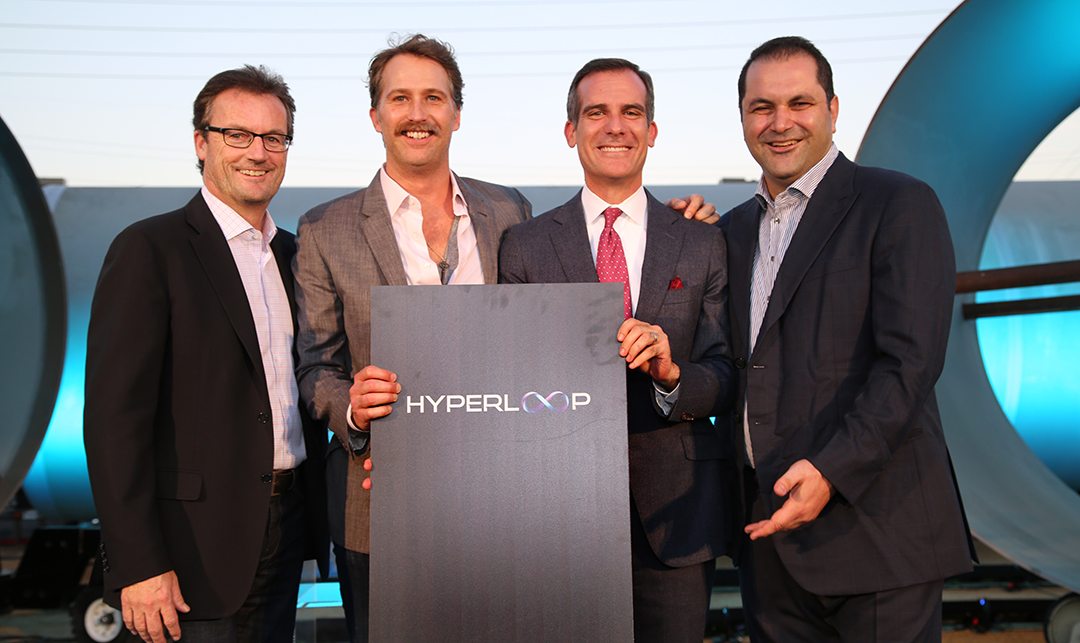The promise of the American Dream has evolved mightily over the course of history, but it has not dimmed in the least. Shervin Pishevar has seen the evidence firsthand in his youth, and more recently through some of the entrepreneurial companies he has funded over the years.
Born in Tehran, Iran in 1974, Pishevar immigrated to the U.S. with his parents when he was barely 2 years old. His father returned to Iran only to narrowly escape in 1979 after being placed on an execution list for broadcasting instructions to foreign nationals on leaving the country, which was now under the power of Ayatollah Khomeini.
Subsequently inspired by his father’s work ethic, his parents’ thirst for education (his mother was a teacher; his father earned his master’s and doctorate in mass communication in the U.S.), and their shared dedication to embracing new opportunities available in this country, Pishevar’s ambitious nature took root.
Developing an early affinity for computers, Pishevar aspired to launch a genetics company. At the age of 19, while studying molecular biology at UC Berkeley, he invented a new method of creating peptides that would selectively lyse malaria-infected red blood cells and was granted a patent. At 20, Pishevar co-authored a Journal of American Medicine article that led to the first set of international guidelines for documentation of torture.
Armed with ample intellect to thrive in biotech, Pishevar nonetheless saw bigger potential for himself as an entrepreneur. “I realized it would be another 20 years before things got interesting and more advanced,” he recalls. In 1997, he formed his first company, WebOS, which pioneered the concept of a Web-based operating system.
Pishevar never looked back, fueled by an ambitious nature permanently set to overdrive. After a string of successes with entrepreneurial pursuits (Ionside Interactive, Webs Inc., Social Gaming Network, and others), he turned his attention to venture capital. Pishevar was one of the first investors in Uber and in 2011 joined Menlo Ventures, a VC fund that managed more than $4B in assets. Two years later he founded Sherpa Ventures, whose investments have included Airbnb, Ipsy, Munchery, and Shyp.
When Elon Musk published his white paper on the hyperloop idea, however, Pishevar saw the potential for a transportation revolution on a global scale. “I went to SpaceX for a couple of different events and launches and started becoming friends with some of the engineers,” Pishevar explains. “I was looking for a co-founder and CTO, and the name that kept popping out from all the top engineers was ‘K Bro’ [Brogan BamBrogan] – that’s what his nickname was there.” Pishevar invited BamBrogan to San Francisco to discuss forming Hyperloop Technologies, and the engineer initially declined the offer. “He thought this was just a people transport thing [but] when I laid out the whole vision of cargo and inventory financing and the global economic impact and making the world smaller, he completely believed in it and we joined forces.”
“From a transportation perspective, Uber transforms the options and efficiency of what’s possible within cities. Hyperloop does that between cities. The ultimate mission and goal for Hyperloop [is] to make the world a smaller place, to make the whole world a metro-sub.”
That was in 2014. Sherpa Ventures acted as lead investor for the Series A of $11.1M along with co-investors Caspian VC Partners and Zhenfund, starting to build the team to actualize Musk’s visionary concept.
Does Pishevar see a correlation between Uber and Hyperloop? Absolutely. “From a transportation perspective, Uber transforms the options and efficiency of what’s possible within cities,” he says. “Hyperloop does that between cities. The ultimate mission and goal for Hyperloop [is] to make the world a smaller place, to make the whole world a metro-sub.”
Pishevar invokes the evolutionary concept of island speciation in his description of the global transportation revolution that Hyperloop will bring about. He reasons, “If you’re stuck on an island [and] you can’t travel anywhere else that’s where you’re going to evolve.” An advocate of the Startup Visa Act, a proposed amendment to U.S. immigration law to create a visa category for foreign entrepreneurs who have raised capital from qualified American investors, he sees great benefit in obliterating the boundaries of space and time in the name of entrepreneurial advancement.
Perhaps the American Dream can one day be a truly global phenomenon? Shervin Pishevar unequivocally thinks so.














































